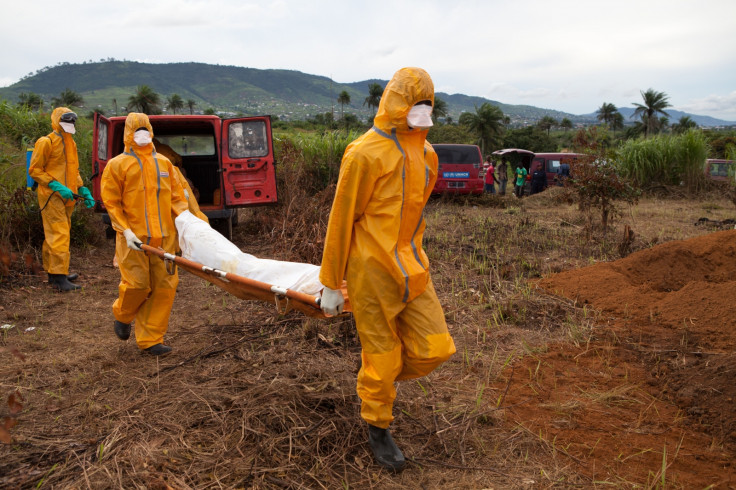Ebola: Australia to Hire Private Medical Firm to Help Sierra Leone Contain Virus

Australia is contracting a private medical firm to provide assistance to Ebola patients in a treatment centre in Sierra Leone.
Prime Minister Tony Abbot said the country will commit AU$20m (£11m) to the creation of a 100-bed centre built by the UK in the West African country affected by the deadly virus.
Abbott reiterated that Australia would not send national health workers to help halt the virus outbreak in West Africa. Medical staff will be hired locally.
"We are not sending people over," he said. "We are ensuring there is a 100-bed treatment centre staffed and run in Sierra Leone. Aspen, an Australian health provider, is doing it."
Sierra Leone country profile
Official name: Republic of Sierra Leone
Capital: Freetown
Official language: English
President: Ernest Bai Koroma
Population: 6.092 million
Major ethnic groups: Temne 30%, Mende 30%, Limba 8%, Kono 5%
Religions: Muslims 60%, indigenous beliefs 30%, Christian 10%
Life expectancy: 45/46 (WHO statistics)
Physicians Density: 0.016 physicians/1,000 population
Hospital Bed Density: 0.4%
Health expenditures: 13.1% of GDP
Earlier in October Abbot said the UK agreed to treat any Australian health worker who had assisted Ebola patients in West Africa as if they were UK citizens.
Many countries, including Australia, are banning flights from Ebola-hit nations, as a result of growing concern that the deadly virus could be spread to other countries if people from affected areas are allowed to travel.
Australia issued a ban on visas for people who had travelled to the west African nations. The ban was criticised by the international community and NGOs such as Amnesty International, as it discriminates against healthy people who are now barred from entering the country and limits the international effort to halt the outbreak.
Australia has not recorded a case of Ebola despite some nurses having been in West Africa. They were tested for the virus upon return to the country and all tested negative.
Ebola is spread by contact with infected bodily fluids. Its symptoms include fever, vomiting, diarrhoea, and body aches.
Sierra Leone is one of the three west African nations, together with Liberia and Guinea, most hit by the outbreak which has killed more than 5,300 people since last January. There has been at least 1510 deaths in Sierra Leone.
The World Health Organisation declared in October that Sierra Leone has not district free from Ebola. The Red Cross announced on Tuesday (4th November) a fresh outbreak in Koinadugu, Sierra's Leone largest district, where it was previously thought the virus had been contained.
© Copyright IBTimes 2025. All rights reserved.




















